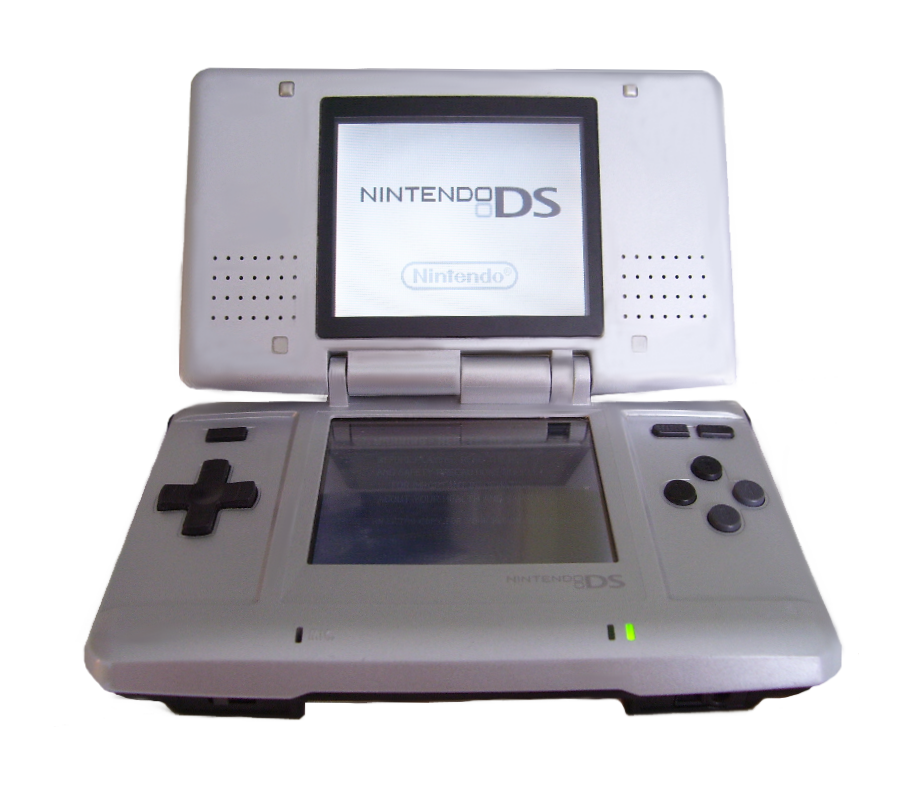By Jeremy Hannaford (Contributor) – Email
Print Edition: February 5, 2014

In the last two years of gaming news, Microsoft and Sony have been at the forefront butting heads. While waging their next-generation console battle, gaming sites were overloaded with news, controversies, and opinions. All the while, Nintendo was absent from the spotlight.
Nintendo was once the pinnacle of gaming ingenuity. The company brought life back to the industry when the original Nintendo Entertainment System was released in 1983. It became the standard for handheld gaming with the Game Boy in 1989. The Wii system became a cultural phenomenon, eventually ending up north of 100 million units sold.
Last year, Nintendo forecasted it would sell nine million Wii U systems by March 2014. However, in a recently revised earnings report just released by Nintendo, that number is down to 2.8 million.
Even more surprisingly, the forecast revealed that the 3DS was a disappointment. Despite it selling more units than any other console in 2013, it came up 4.5 million units short of its 18 million estimate.
Nintendo will fall short of projected earnings by $750 million, which many game columnists say is the wake-up call Nintendo has needed for years. The company has always been a marvel in terms of a financial standpoint. Keeping many of its big-name titles to themselves, Nintendo has maintained its status in the industry as a software developer through its regular rotation of franchises like Mario, Link, and Metroid and has been successful with it. Until now.
While Nintendo has been able to pull itself out of the fire before (the lacklustre sales of the Gamecube being one example) Nintendo looks like it may have to shake things up if it wants to stay alive.
The company’s continued reliance on expensive, games-centric portable devices has been a source of sliding revenues in a culture dominated by smartphones. Nintendo’s president Satoru Iwata was quick to comment about Nintendo and phones at a news conference: “The key is to figure out a way to use smartphones to make people aware of Nintendo’s games, and encourage them to try out the console version of the games. It doesn’t mean that we should put Mario on smartphones.”
In my opinion, Nintendo needs two things right now. First, a better marketing team. The Wii U had horrible marketing, which is one of the main reasons behind its failure. The second thing that should be on Nintendo’s mind is making a new system. The Wii & Wii U systems have offered ingenious ideas but they have also been a generation behind graphics-wise. Along with lacklustre online support, has compounded the company’s trouble attracting third-party developers. Unlike Sony and Microsoft, who have released an overabundance of premiere games from publishers like EA and Ubisoft, Nintendo has been slow to react and unable to keep up.
Even its own creations have had these problems. Super Smash Bros Brawl went from announcement to release over three long years and the same development cycle appears to be happening with the Wii U/3DS sequel. Nintendo doesn’t seem to understand how to handle marketing its title characters.
The main bright spot right now is the 3DS, where Nintendo continues to release decent games. And even though Nintendo is supposedly disappointed with the 3DS’s overall sales, 13 million units is still a huge number. It’s only with the addition of the Wii U’s colossal failure that the numbers plunge.
Nintendo certainly has to think of something fast and announce it soon rather than slip into obscurity. Even if Nintendo was to spread out into something new like mobile gaming (which remains much larger in Japan than North America), that alone won’t be enough to save the company.
While it could seem as though this is just another hurdle for the company, something needs to change for Nintendo to have much of a future.


